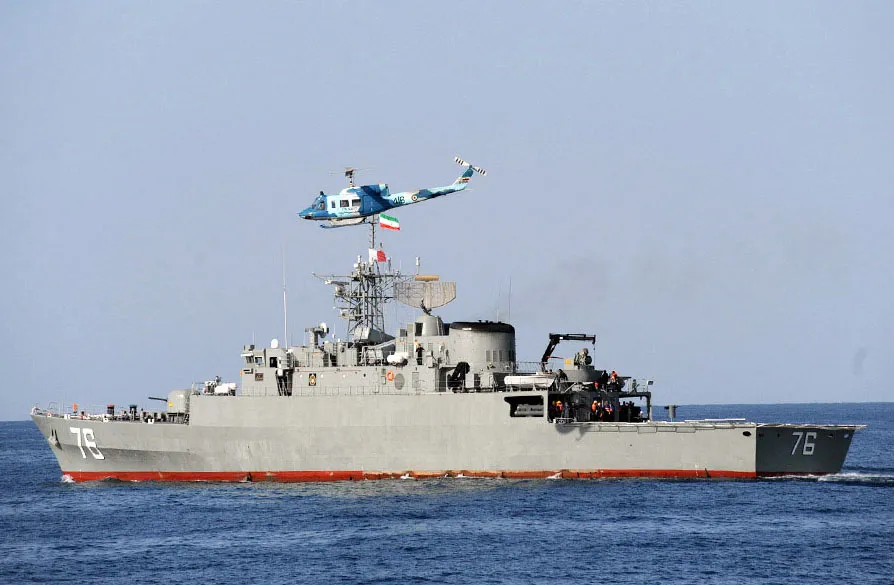The Financial Times published an op ed July 18 by Baron Mark Sedwill, who is a top British intelligence operative who was both National Security Adviser from 2017-2020 as well as Cabinet Secretary and Head of the Civil Service from 2018-20. Sedwill is now in the top echelons of RUSI, the IISS, the Trilateral Commission, and other Establishment think tanks, and he is an adviser to Rothschild, BAE, and Lloyd’s of London. He also sits in the House of Lords.
Sedwill’s article reviews what was accomplished at Vilnius NATO summit on July 11-12, noting that NATO had three tasks there: “consolidate support for Ukraine; strengthen the alliance’s military capabilities; and deepen ties with Pacific allies in facing the common challenge of China. Did it meet expectations?”
It did not, Sedwill writes, and he warns that “NATO should not relax after the Vilnius summit… Putin will already be comforted by the plans of some of US Republicans to restrict support to Ukraine and, presumably, hopes that the 2024 election will produce a president ready to concede land for peace. President Zelenskyy, however, will not cede Ukrainian territory after such a fierce struggle for national survival.”
Therefore, “the western alliance, with NATO at its core, must be ready for anything.” Today’s crisis is Russia; tomorrow’s may be China, the environment, and so on. Sedwill then makes his central point:
“NATO’s nuclear doctrine also needs a refresh: we should signal to Russia that any use of nuclear weapons anywhere, not just in NATO territory, could be met with force. Nuclear deterrence is terrifying, but more terrifying is an isolated, desperate autocrat misjudging our resolve and pressing the button.”
Another key factor, Sedwill writes, “concerns NATO’s engagement beyond the Euro-Atlantic,” which means the Indo-Pacific but he also worries about losing the Global South altogether. “Much of the world is rediscovering the appeal of non-alignment. So we should reinvest in our relationships with countries such as Brazil, India, South Africa and in the Gulf… More private western investment in the global south could be unleashed.”



